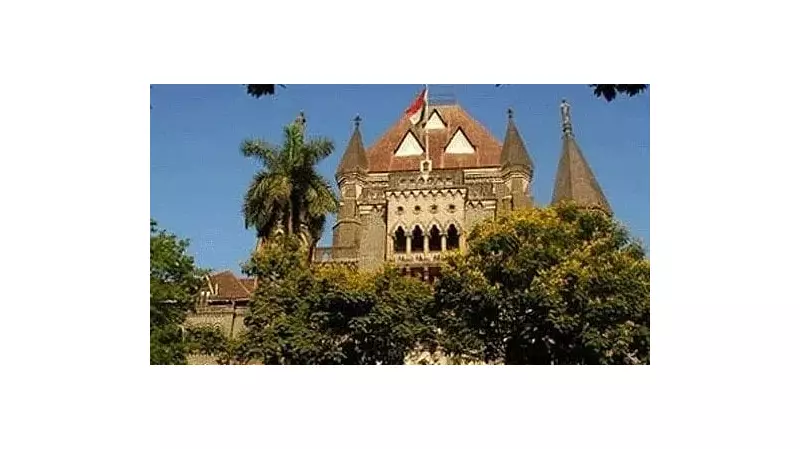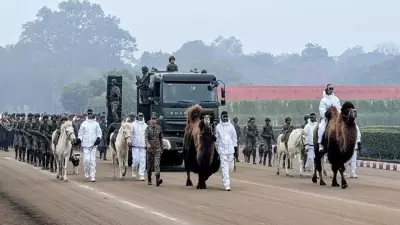
The Election Commission of India (ECI) has informed the Bombay High Court that the use of Voter Verifiable Paper Audit Trail (VVPAT) machines is not mandatory for local body elections. In an affidavit submitted to the court, the commission clarified that the Acts governing municipal elections do not require VVPAT use and that implementing it is technically not feasible.
Legal and Technical Grounds Cited by EC
In its official response, the Election Commission elaborated on its position. The core of the argument rests on two pillars: the existing legal framework and technical limitations. The commission pointed out that the various local body Acts which form the foundation for conducting municipal corporation and council elections across states, including Maharashtra, do not contain any provision that makes the deployment of VVPAT machines compulsory.
Furthermore, the EC highlighted the significant technical challenges that prevent the integration of VVPAT systems with the electronic voting machines (EVMs) currently used in these local polls. This technical infeasibility presents a major operational hurdle, making widespread implementation impractical at this stage for the vast number of local body constituencies.
Context and Implications
This affidavit was submitted in response to a petition, with the hearing taking place on 19 November 2025. The petitioner had sought the mandatory use of VVPATs to enhance transparency and voter confidence in the electoral process for municipal elections, similar to their use in state assembly and general elections.
The commission's stance underscores a divergence in election protocols between different tiers of government in India. While VVPATs have become a standard feature in national and state-level elections to provide a physical verification slip for voters, their absence in local body polls remains a point of legal and public discourse. This development is crucial for understanding the election governance landscape in India, particularly for citizens and stakeholders involved in grassroots democracy.





